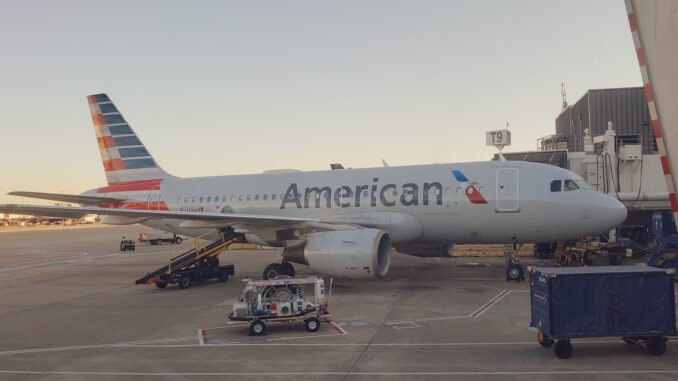
The Federal Aviation Administration (FAA) is temporarily waiving minimum slot-use requirements at airports in the United States to help airlines that cancel flights due to the Coronavirus.
Under normal circumstances, airlines can lose their slots at congested airports if they don’t use them at least 80 percent of the time.
However, the FAA is waiving the 80-percent-use requirement through May 31 for domestic and foreign airlines that have affected flights.
In doing so, the FAA expects that U.S. carriers will be accommodated with reciprocal relief by foreign authorities at airports in their countries, and may determine not to grant a waiver to a foreign carrier whose home jurisdiction does not reciprocate. The agency will continue to monitor the Coronavirus’s effect on travel demand and may adjust this waiver as circumstances warrant.
The FAA will inform airlines of any decision to extend the waiver period as soon as possible, officials said.
This waiver of the slot usage requirement, which the FAA is publishing in the Federal Register, applies to John F. Kennedy International Airport (JFK), New York LaGuardia Airport (LGA), and Ronald Reagan Washington National Airport (DCA). Additionally, at four other U.S. airports where the agency has a formal schedule review and approval process—Chicago O’Hare International Airport (ORD), Newark Liberty International Airport (EWR), Los Angeles International Airport (LAX), and San Francisco International Airport (SFO)—the FAA will give credit to airlines for flights that were canceled due to the Coronavirus through May 31, 2020, as though those flights had been operated, when the FAA conducts future schedule development.


